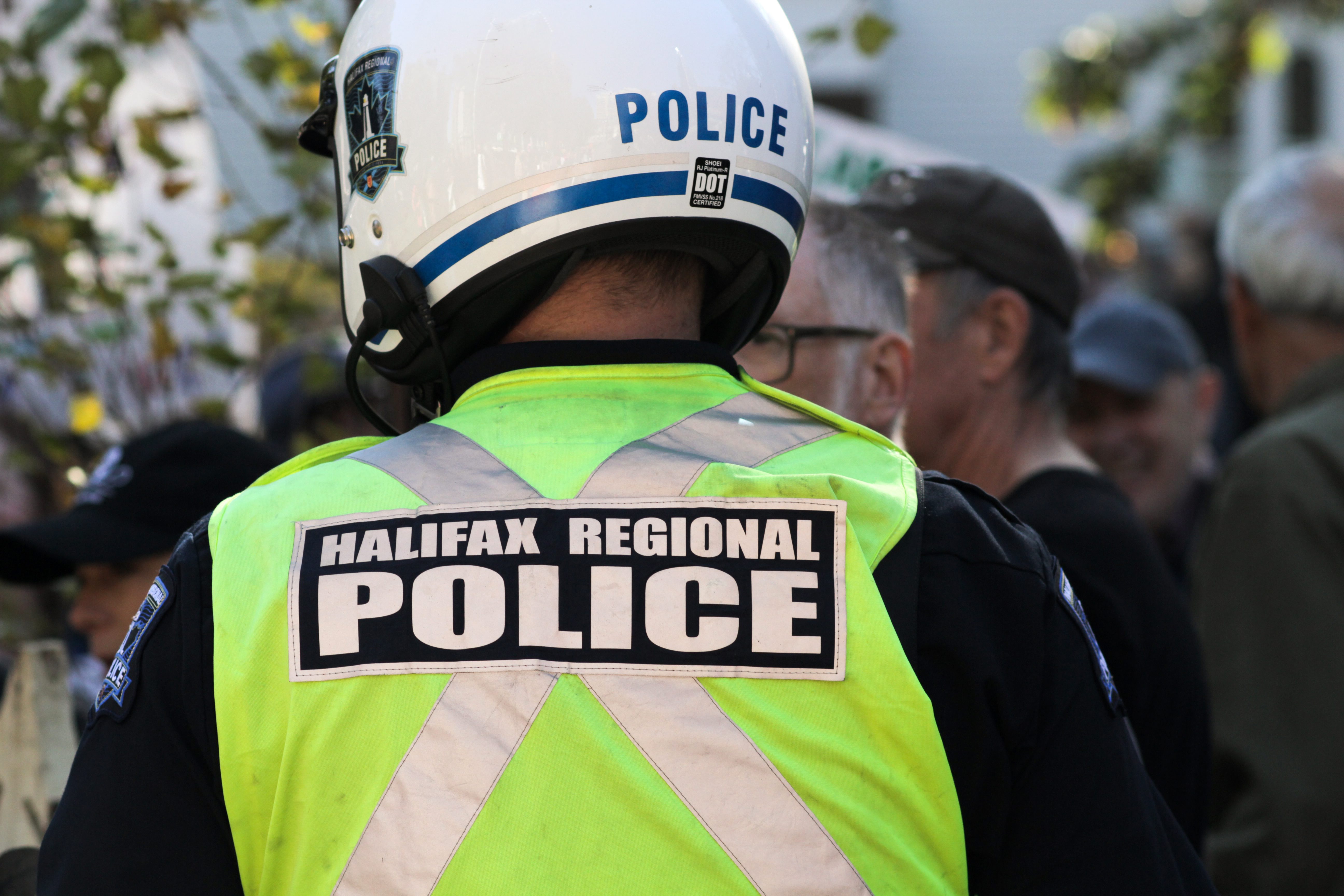Nova Scotia Suspends Police Street Checks Following Report On Racial Profiling

Credit to Author: Manisha Krishnan| Date: Wed, 17 Apr 2019 20:21:53 +0000
Weeks after the release of a report saying black Nova Scotians are disproportionately targeted by police street checks in Halifax, the province has called for a temporary ban on the often discriminatory law enforcement practice.
The report published by Toronto criminologist Scot Wortley contained a number of alarming findings, including that black people are six times more likely to be stopped by cops and asked for ID than white people; that black men are the most likely to undergo street checks, followed by Arab men; and that about one-third of black men in Halifax were charged with a crime between 2006 and 2017 versus 6.8 percent of white men.
A VICE News investigation published last year found that black Haligonians are five times more likely to be arrested for pot possession than their white counterparts.
Street checks in Halifax are more common than in Montreal, Ottawa, and Vancouver, but less common than in Toronto.
Wortley recommended street checks be banned outright or restricted to limit the potential for racial discrimination.
In response to the report, the province has decided to place a moratorium on street checks while it figures out how to better regulate them. The Halifax police commission also recently voted to take the same action.
In a statement released Wednesday, the province’s Justice Minister Mark Furey said police are no longer to conduct street checks on pedestrians or car passengers until further notice. Furey described discriminatory street checks as “unacceptable.”
“Public trust in policing is essential. We need to address the fear and mistrust that street checks have caused for many in the African Nova Scotian community,” he said.
Robin McNeil, acting Halifax regional police chief, said in a release Wednesday that the force is “committed to addressing” the “disproportionately high representation of racialized communities in our street checks data.”
“We also want to take this opportunity to reiterate that we do not condone anyone being stopped or questioned on the basis of race, religion, ethnic background or another discriminatory reason. Arbitrary detention and stops are also not allowed,” he said.
Ontario issued new a carding policy in 2017, requiring officers do things like tell people why they’re being stopped, inform them that they can refuse to provide ID and information, and offer a receipt including the officer’s name and badge number.
However in a review of carding released in January, Ontario Judge Michael Tulloch said the practice should be abolished outright.
“The negative impact of random carding, particularly on Indigenous, black and other racialized communities, combined with the limited evidence that it is an effective police tool, brings me to only one logical conclusion and that is that random carding should end,” Tulloch said at a press conference at the time.
Toronto-based human rights lawyer Anthony Morgan told VICE carding should be banned as just one of many necessary steps needed to stop racial profiling within policing.
“You can eliminate carding and racial profiling could still be rampant,” he said, noting police need comprehensive training and a shift in culture in order curb the problem.
He said it’s difficult to know whether or not Ontario’s new approach to carding has been effective, because more data is needed about the number of street checks that have taken place since the policy was implemented and the nature of those checks, including how civilians feel they were treated by police.
Follow Manisha on Twitter